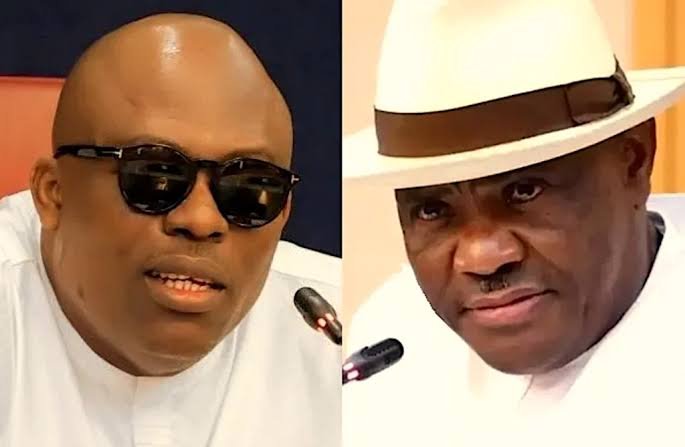Fresh cracks have emerged within the African Democratic Congress (ADC) as several state chairmen of the party have rejected the recent takeover of its leadership structure by a coalition of political heavyweights ahead of the 2027 general elections.
The crisis stems from the sudden announcement by former ADC National Chairman, Ralph Nwosu, who dissolved existing party structures to pave the way for an interim leadership headed by former Senate President David Mark and ex-Osun State Governor Rauf Aregbesola. This development followed the adoption of the ADC platform by a coalition linked to former Vice President Atiku Abubakar, which aims to challenge the re-election of President Bola Tinubu.
However, the move has sparked outrage from within the party. Several ADC state chairmen condemned the leadership changes, alleging that there was no broad consultation or constitutional procedure followed. Benue State ADC chieftain Elias Adikwu described the takeover as “unacceptable,” insisting that those who did not build the party should not be allowed to hijack it.
“They cannot come to a party they did not register to join and take it over from those who built it,” Adikwu said. “There is a process. Get all stakeholders involved so that everyone will make their position known.”
Other party officials expressed concern over the lack of transparency, including Akwa Ibom ADC chairman Etimbuk Umoh and Borno’s Mohammed Khala, who said the state chapters were keeping their next steps “close to the chest.”
The Continental Youth Council of the ADC also weighed in. Its National Publicity Secretary, Musa Matara, questioned the legitimacy of the new leadership and described it as “recycled political players” taking over a party built by the youth.
“We invested our time, energy and resources to build this party and now they bring people who have been in government since before we were born,” he said. “There was no consultation, and it is not democratic.”
Meanwhile, the new coalition is pushing forward. The immediate past ADC publicity secretary, Mabel Oboh, hailed the coalition as a chance to reshape Nigeria’s political future, declaring that it will “wrest power from the ruling APC.”
In Sokoto, the ADC has already begun setting up grassroots mobilisation structures, appointing Mainasara Umar as state coordinator to lead civic engagement under the new arrangement.
Despite internal dissent, some state chapters—like those in Edo, Benue, and Delta—have declared full support for the coalition, distancing themselves from former presidential candidate Dumebi Kachikwu, who strongly opposes the arrangement. Party leaders in Delta dismissed Kachikwu’s relevance, saying he contributed nothing to the state chapter and was merely seeking to derail a successful political alliance.
Bolaji Abdullahi, interim national publicity secretary, defended the coalition’s legitimacy, saying the National Working Committee acted in line with the party’s constitution. He advised aggrieved members to seek clarification from the former leadership.







